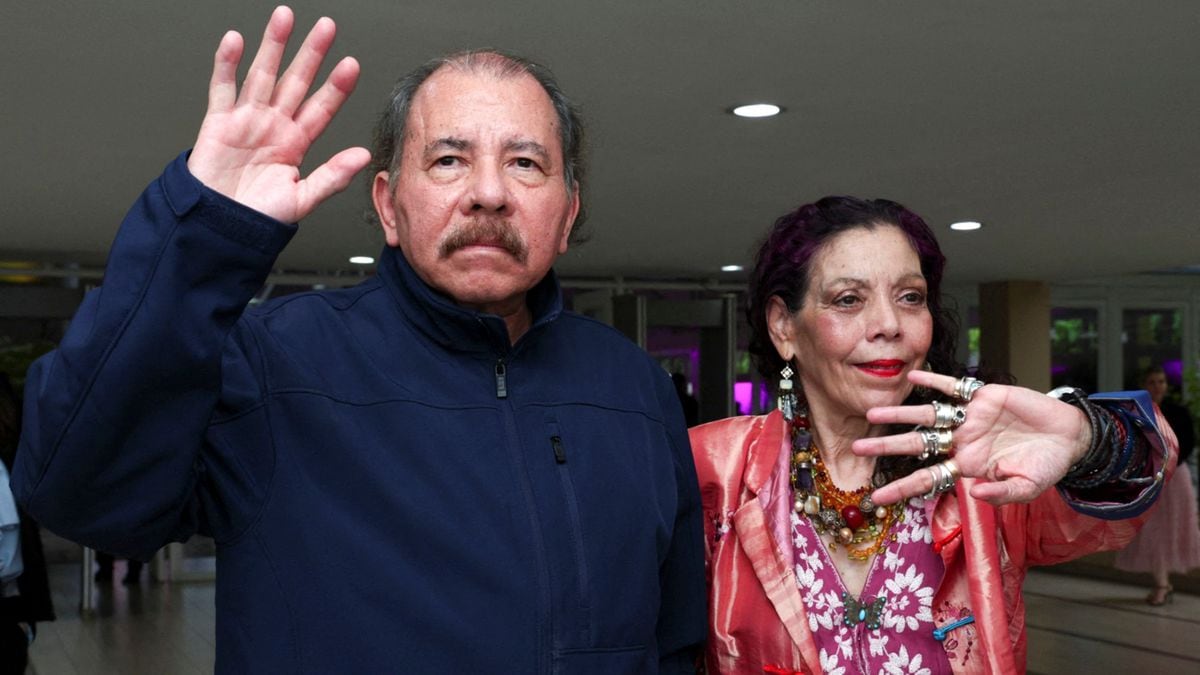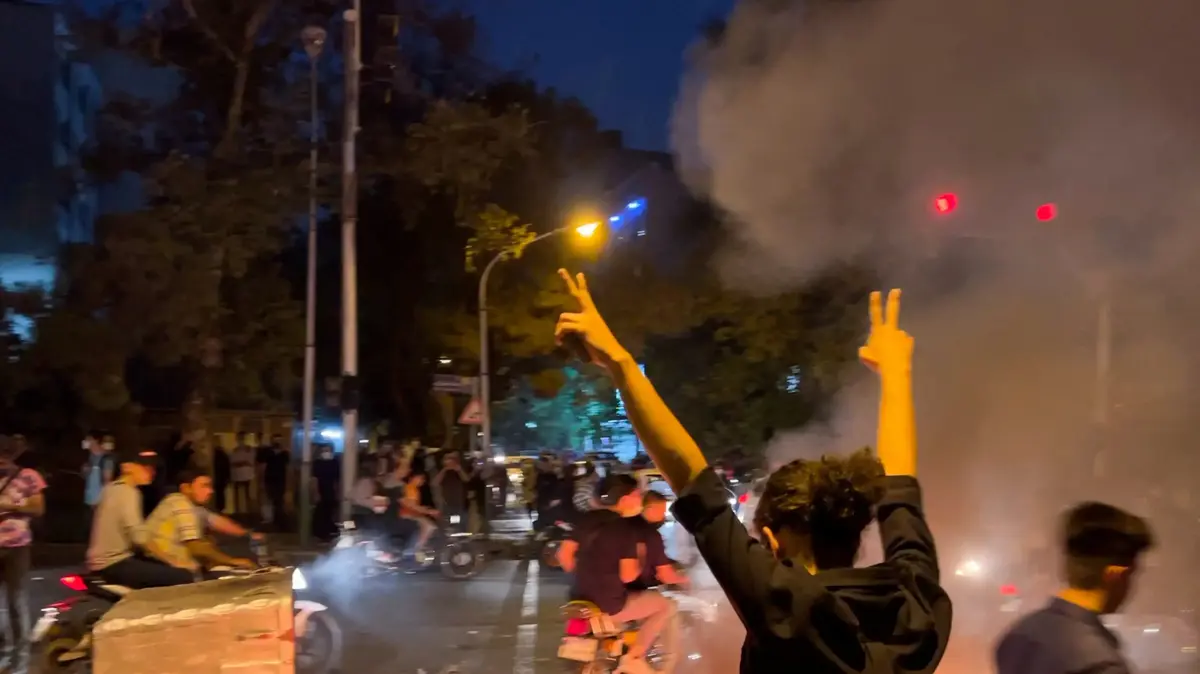Maros Sefcovic, last September in Brussels.POOL / Reuters
The European Commission has proposed this Monday to create a European black list to impose sanctions on individuals or companies accused of violating human rights regardless of their country of origin or residence.
For the first time, Brussels will be equipped with an instrument of individual punishment in the area of human rights that will allow it to impose sanctions even on citizens of countries with which the EU maintains perfect relations.
The draft regulation, which is a replica of the Magnitsky Act passed by the US in 2012 under the presidency of Barack Obama, has gained momentum following the recent poisoning of Russian opponent Alexei Navalni.
The regulation on restrictive measures in the event of serious human rights violations "will allow greater flexibility to prosecute those responsible regardless of where they committed the acts or who they are," said the vice president of the Commission, Maros Sefcovic, after the weekly meeting of the community body.
The possible sanctions will consist, as is usual, in the prohibition of entry into Community territory to the people who appear on the black list and in the freezing of the assets they have in any EU country.
But for the first time, the project proposes that the European Commission be in charge of ensuring compliance with the entry veto, a competence that is now in the hands of the States and has caused several incidents, among them, the passage through Spain at the beginning of the year of the Venezuelan Vice President Delcy Rodríguez, included in the list of sanctioned authorities of that country.
"The project can be interpreted within an effort to improve the implementation of European sanctions," says Clara Portela, a senior analyst at the European Union Institute for Security Studies.
Portela believes that "the proposal is novel because until now the Commission was responsible for supervising the immobilization of assets but not the prohibition of entry."
The project represents a leap forward in the European policy of prosecuting human rights violations.
Currently, the EU has three blacklists for persons or entities accused of terrorism, cyberattacks or use of chemical weapons.
But human rights violations are punished within the framework of sanction regimes against third States, such as China, Russia, Belarus or Venezuela.
The current system leaves unpunished, for the purposes of EU sanctions, human rights violations perpetrated in countries with which Brussels or some European capital does not wish to confront, or those committed by cross-border networks.
The new regime, which needs the unanimous approval of the EU Council to enter into force, would allow the imposition of individual punishments as the US has done since 2012 or Canada since 2017. The US law, passed in 2012 in response to the murder in Russia of the accountant Sergei Magnitski when he was detained, was expanded in 2016 to cover violations committed anywhere on the planet (the so-called Global Magnitsky Law).
The
US black list
already includes four dozen of those sanctioned, including an Israeli billionaire, accused of illegal activities in the Democratic Republic of the Congo;
a Serbian arms dealer, or 17 Saudis implicated in the murder of journalist Jamal Khashoggi.
The
European
blacklist is
part of an initiative of the Government of the Netherlands and was a commitment made by the current president of the European Commission, Ursula von der Leyen.
But the project had stalled due to the difficulty of specifying the scope of application, the definition of the reasons that can trigger the sanctions or the necessary tests to guarantee that the inclusion in the list is endorsed by the European Court of Justice in case of appeal. .
The European Commission, however, has finally overcome the reluctance, largely thanks to the backlash sparked by the recent Navalni poisoning.
This attack has led the EU to sanction senior officials in the administration of Russian President Vladimir Putin under the regime on the use of chemical weapons.
But the case has also encouraged the need to establish a regime similar to that of the United States in order to individually punish flagrant human rights violations.

/cloudfront-eu-central-1.images.arcpublishing.com/prisa/MUOUFR52J5FDLED5FLOHZP6CFY.jpg)







